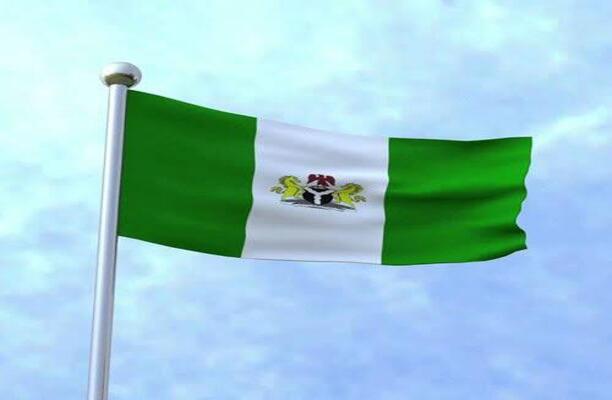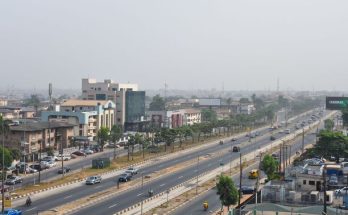By Bababunmi Agbebi
In June 2018, former President Muhammadu Buhari made a landmark decision that reshaped Nigeria’s democratic landscape. He officially moved Democracy Day from May 29 to June 12. While it may have seemed like a mere calendar adjustment to some, the change carried profound historical, political, and emotional weight. It addressed a critical void in Nigeria’s democratic story, the long-standing neglect of the country’s most credible election and the memory of its fallen democratic heroes.
According to the Nigerian National Bureau of Statistics, over 180 million Nigerians were directly impacted by this symbolic shift. I remember watching the announcement on television and feeling a deep sense of national reckoning. This wasn’t just about changing dates. It was about healing, truth-telling, and honoring the legacy of those who fought for the democracy we live in today.
Let’s explore why this change was so significant and why it still matters.
1. Honoring MKO Abiola and the 1993 Election

Chief Moshood Kashimawo Olawale (MKO) Abiola was more than just a presidential candidate, he was a symbol of democratic hope. On June 12, 1993, he won what many still regard as Nigeria’s freest and fairest election, defeating Bashir Tofa in a contest that defied ethnic and religious divides. The Carter Center described it as “the most credible election in Nigeria’s history.”
But the military annulled the results, and Abiola later died while fighting for his mandate. Changing Democracy Day to June 12 recognized the sacrifice he made and acknowledged that true democracy requires not just elections, but also justice and accountability.
2. Redefining What Democracy Day Represents
May 29 marked Nigeria’s transition from military to civilian rule in 1999, but it didn’t reflect a democratic process initiated by the people. June 12, by contrast, represents a day when Nigerians freely exercised their will at the ballot box, a more authentic symbol of popular sovereignty.
3. Educating Future Generations
One of the most powerful but often overlooked outcomes of the date change has been its educational impact. For many young Nigerians born after 1993, the June 12 election was a distant and forgotten event. Now, with each annual commemoration, the country is reminded of its democratic journey, the value of electoral integrity, and the price of freedom.
June 12 serves as a civic classroom, a yearly moment to reflect on the importance of participation, sacrifice, and the defense of democratic values.
4. Improving Nigeria’s Global Democratic Standing
The annulment of the 1993 election damaged Nigeria’s international reputation. The shift to June 12 helped rebuild that trust. According to the Economist Intelligence Unit’s Democracy Index, Nigeria’s perception in global democratic circles improved following the change, with international observers seeing it as a step toward addressing past injustices and embracing democratic maturity.
Political analyst Jide Haastrup noted that the date change sparked wider public interest in the history and values of Nigerian democracy. It also elevated MKO Abiola’s legacy, embedding his story deeper into the national consciousness.
Seven years later, however, the dream of a fully realized democracy still feels distant. The challenges of electoral malpractice, youth disengagement, and limited digital participation persist. Yet, in remembering June 12, we also renew our hope for a democracy that listens, includes, and evolves.
As Nigeria looks to the future, the focus must shift to empowering young people, embracing digital tools for civic engagement, and safeguarding the integrity of elections. That’s the only way to truly honor the spirit of June 12 not just in words, but in action.








